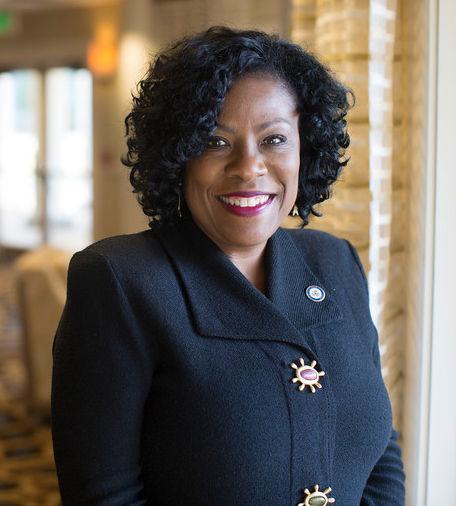A team of collegians and young professionals wants to make Baton Rouge a hub for millennials.
On March 15, Mayor-President Sharon Weston Broome’s transition team released over a dozen recommendation reports, each containing suggestions for how the new administration can improve quality of life in the city-parish.
The reports covered a range of issues, including youth mentorship and career development programs, transportation and increased mobility and equal economic opportunity. Broome’s 16-person millennial agenda team focused its efforts around four key ideas: reform, reinvigorate, retain and recruit.
Team co-chair Courtney Scott, managing principal at strategic branding firm The Byan Group, said it’s crucial for millennials to have a seat at the table and assist in planning the future of the city.
“If you do not invest in any core group of people within the city, you’re going to disenfranchise the chance of collaboration and progressive movement toward the future,” Scott said. “Millennials are a core part of change and invigorating the future.”
Scott and fellow co-chair Matt Adams, a Forum 35 board member, worked with their team to develop solutions that touched on the needs of each group of millennials, from current collegians to those in their mid-30s who are settling down and building careers. Scott said the team worked to see the city from all vantage points — from the eyes of residents who were born and raised in the city to potential recruits in other areas of the country.
Scott and Adams pushed the team to brainstorm likes, dislikes and potential solutions before whittling down the results to a core set of actionable proposals. Scott said the final result was a collaborative effort. Many of the team members had little previous interaction and opinions varied widely, but everyone forged together for a common cause, she said.
Report recommendations include launching a city-parish wide employment website to connect young professionals to employment opportunities, facilitating alternative education programs for at-risk millennials and partnering closely with higher education and local civic and professional groups to leverage resources and opportunities.
The recommendations also focused on equity issues and improving general quality of life in the city-parish. The proposals focused on developing a racial toolkit to ease division within the city-parish, establishing a Young Professional Council to provide feedback on city-parish planning and investing in improved and diverse transportation options.
Scott said strong communication is an important facet intersecting each of the recommendations.
The city needs strong communication between the administration and the community, and regional stakeholders and interest groups also need to communicate in order to foster collaborative solutions, she said. This includes developing a stronger city-parish social media presence in order to meet millennials where they are.
Scott said it’s undetermined how or if the recommendations will be implemented, but she said she hopes to see increased growth and opportunity for the city and its residents.
Political science sophomore Max Martin, one of five University students on the team, said it’s important the city-parish create an environment where the best and brightest want to set up shop. Baton Rouge and many rural and smaller urban areas are seeing a significant brain drain, with capable, educated young adults leaving for bigger cities and opportunities, Martin said.
According to data from Niche, Baton Rouge ranked 90th among 227 cities for its appeal to millennials in 2016. Though the city ranked well for access to restaurants and bars and overall cost of living, its lower percentage of residents with college degrees, unemployment rate and low general safety grade lowered its ranking.
Martin said improving racial and economic equity is an important factor in preventing this brain drain and improving the city’s appeal. Increased transportation options and improved career opportunities open new doors for people of color and are good first steps to improving equity in the city-parish, he said.
While it’s important the city-parish invest in its citizens, it’s equally important that millennials commit to the community. Millennial investment in the city will beget even greater improvements, he said.
“Whatever you expect out of your community has to be met with a commitment and an investment on the side of the citizen, especially for the millennial generation,” Martin said. “We as young Baton Rougeans need to invest and lay stake and claim to our community as we ask for it to be changed.”
Broome transition team highlights millennial issues in recommendation reports
March 27, 2017

Sharon Weston Broome headshot (court)







